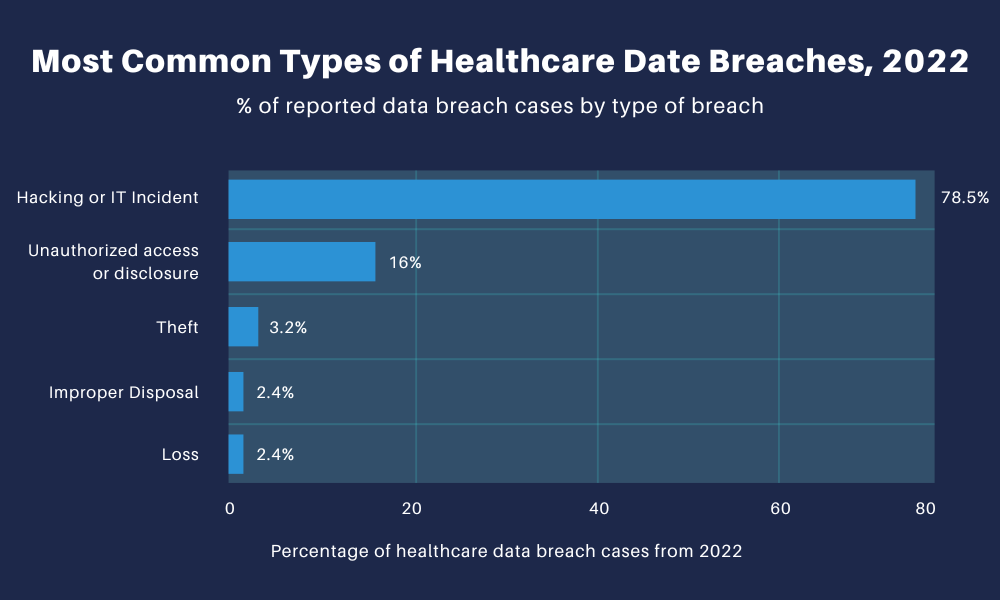As healthcare organizations adapt to hybrid and remote work environments, the need for thorough, technology-driven employee vetting processes becomes even more critical. Virtual employee screening is emerging as a powerful tool to ensure that only trustworthy, qualified individuals are granted access to sensitive patient information.

Why Protecting Patient Data Matters
Protecting patient data isn’t just a legal requirement—it’s a moral obligation. According to the U.S. Department of Health and Human Services, over 59 million healthcare records were compromised in 2022 alone due to breaches in healthcare data systems. These breaches can expose Social Security numbers, health insurance details, and private medical histories, leaving patients vulnerable to identity theft and fraud.
Healthcare organizations must comply with regulations such as the Health Insurance Portability and Accountability Act (HIPAA) in the United States or the General Data Protection Regulation (GDPR) in the European Union. These laws mandate strict data protection measures, including ensuring that employees who handle sensitive data are thoroughly vetted.
However, a study by IBM and the Ponemon Institute revealed that healthcare data breaches cost an average of $10.93 million per incident in 2023, the highest of any industry. Traditional background checks often fall short in the fast-changing digital landscape. This is where virtual employee screening steps in, offering a comprehensive and modern solution.
What is Virtual Employee Screening?
Virtual employee screening leverages technology to evaluate potential hires quickly and effectively. Unlike traditional in-person checks, virtual screening uses advanced tools to verify a candidate’s identity, employment history, criminal records, and qualifications—all from a digital platform.
This process is especially beneficial for healthcare organizations, where remote work is becoming more common, and employees may handle sensitive patient data from various locations. Virtual screening ensures that only trustworthy professionals are brought into roles with access to protected information.
How Virtual Employee Screening Protects Patient Data
1. Identity Verification
Virtual employee screening tools use advanced methods such as biometric verification and AI-driven checks to confirm that candidates are who they claim to be. This eliminates the risk of fraudulent identities slipping through. A 2023 report by MarketsandMarkets projects the identity verification market will reach $18.6 billion by 2027, highlighting its growing importance in digital security.
2. Thorough Background Checks
Virtual screening platforms provide detailed background checks, including criminal record searches and employment verification. This minimizes the risk of hiring individuals with a history of misconduct, reducing the chance of internal data breaches.
3. Compliance with Industry Regulations
Virtual screening helps healthcare organizations meet regulatory requirements by documenting and automating the vetting process. This ensures that every employee handling sensitive patient data is fully compliant with HIPAA, GDPR, or other relevant standards.
4. Ongoing Monitoring
Some virtual screening solutions, like Employee Verify Onboard Connect, go beyond initial hiring checks. They offer ongoing monitoring to flag any issues that might arise after an employee is onboarded. This proactive approach adds an extra layer of security.
5. Enhanced Remote Hiring Capabilities
As remote work continues to expand, hiring processes need to adapt. Virtual screening allows healthcare organizations to vet candidates no matter where they’re located, ensuring the same level of scrutiny for all hires, whether in-person or remote.
How Employee Verify Onboard Connect Can Help in Protecting Patient Data
Employee Verify Onboard Connect stands out as a comprehensive virtual employee screening solution designed to address the unique challenges of healthcare organizations. Here’s how EVOC helps in protecting patient data:
- Securing Patient Data with Verified Workspaces: Virtual employee screening ensures remote workspaces meet strict privacy and security standards, protecting sensitive patient information from unauthorized access and ensuring compliance with regulations like HIPAA.
- Mitigating Risks through Identity Verification: Advanced identity verification processes in virtual screening confirm the authenticity and reliability of employees, safeguarding patient data by ensuring only authorized individuals have access to critical information.
By implementing EVOC, healthcare organizations can significantly reduce the risk of data breaches and ensure that patient data remains protected, no matter where their employees are working from.
The Human Element: Building Trust Through Screening
While technology plays a critical role in virtual employee screening, the human element cannot be ignored. Patients trust healthcare providers with their most personal information, and any breach of that trust can have lasting consequences. By investing in thorough and transparent screening processes, healthcare organizations demonstrate their commitment to protecting patient data.
Moreover, screening helps foster trust within the organization itself. Employees who know their colleagues have been thoroughly vetted are more likely to feel secure and collaborate effectively. This creates a culture of accountability and shared responsibility for data protection.
Conclusion
Protecting patient data is a critical priority for healthcare organizations, and virtual employee screening offers a powerful solution to this challenge. By leveraging advanced technology and platforms like EVOC, organizations can ensure they hire trustworthy employees while maintaining compliance with industry regulations.
In an era where the stakes for data protection have never been higher, virtual screening represents a proactive and effective step toward securing sensitive information. For healthcare providers, it’s not just about preventing breaches—it’s about building trust, fostering accountability, and ensuring the best outcomes for patients and their data.